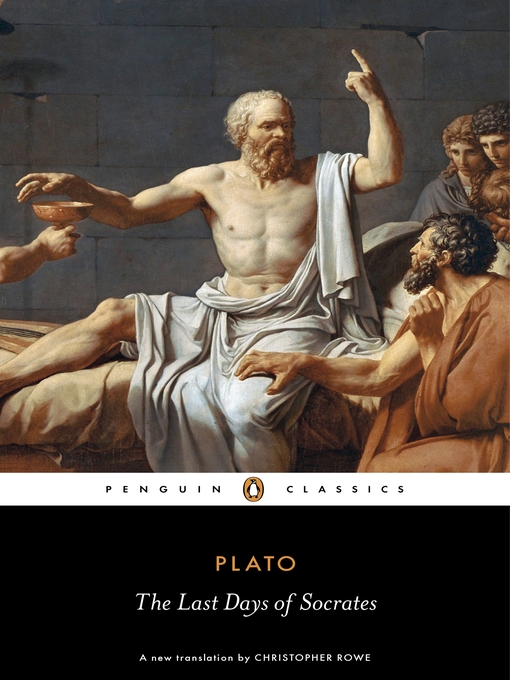Euthyphro/Apology/Crito/Phaedo
'Nothing can harm a good man either in life or after death'
The trial and condemnation of Socrates on charges of heresy and corrupting young minds is a defining moment in the history of classical Athens. In tracing these events through four dialogues, Plato also developed his own philosophy of a life guided by self-responsibility. Euthyphro finds Socrates outside the court-house, debating the nature of piety, while the Apology is his robust rebuttal of the charges against him. In the Crito, awaiting execution in prison, Socrates counters the arguments of friends urging him to escape. Finally, in the Phaedo, he is shown calmly confident in the face of death.
Translated by HUGH TREDENNICK and HAROLD TARRANT with an Introduction and notes by HAROLD TARRANT
- New kids additions
- New teen additions
- Available now
- Book Club Picks
- Series Starters
- Most popular
- Try something different
- Picture Books, Early Readers, and some Juvenile Nonfiction too!
- Who Was?
- New Book Arrivals
- Most Popular eBooks
- March is National Craft Month!
- Diet & Nutrition
- See all
- Available now
- New audiobook additions
- Audiobooks for your Commute
- Popular Audiobook Narrators
- New kids additions
- New teen additions
- Most popular
- Try something different
- It Happened at the Library
- Presidential Lives
- I Heard It On The Radio
- New Audiobook Arrivals
- Women Making a Difference
- See all

